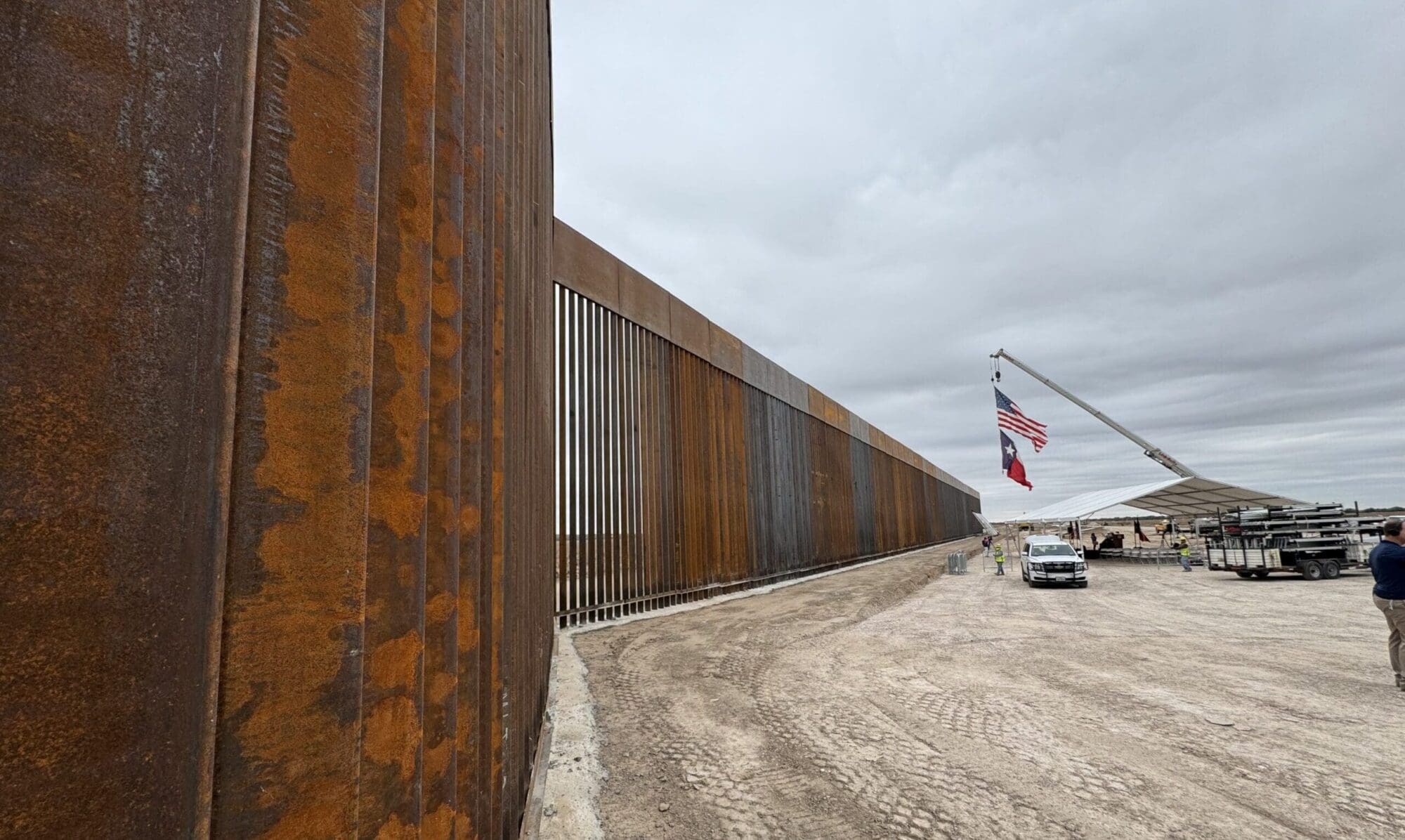Texas lawmakers on the Senate Business and Commerce Committee discussed establishing the first strategic Bitcoin reserve in the nation.
Senate Bill 21, filed by State Sen. Charles Schwertner (R-Georgetown), was considered during a two-part hearing on Tuesday alongside a slate of other legislation.
Lt. Gov. Dan Patrick listed the introduction of a strategic Bitcoin reserve as a top priority this session, and it appears to have recently piqued the interest of Gov. Greg Abbott as well.
SB 21 would create a fund under the control of the Comptroller of Public Accounts to acquire, sell, and manage cryptocurrency holdings.
The measure would also establish an advisory committee featuring the comptroller and cryptocurrency specialists to manage the assets, which will be held in offline storage to prevent unauthorized access or cybersecurity threats.
Monies allocated to the fund can come from various sources, including legislative appropriations, private donations, and acquired cryptocurrency holdings.
In addition, the legislation would require the comptroller to provide the Texas Legislature with a biennial report outlining the value of cryptocurrencies held in the reserve and how the fund manages them.
State Sen. Nathan Johnson (D-Dallas) said he heard that the reserve would be initially created with a $21 million allocation, a comment that Schwertner corrected but did not entirely dismiss.
“The bill does not actually have a spending amount. That would be done in … the budgetary process,” said Schwertner.
“It is something I am pursuing—is an active allocation, appropriation. But again, that’s a different committee—the Finance Committee,” added the senator.
After the exchange, Comptroller Glenn Hegar testified before the committee on the proposed establishment of the reserve.
“Cryptocurrency, Bitcoin most notable, has emerged as an option for institutional investors to consider … particularly since the SEC [U.S. Securities and Exchange Commission] approved spot Bitcoin exchange-traded funds … in January in 2024.”
“My office has worked with the senator [Schwertner] … to ensure that the reserve can be administered in a manner consistent with our prudent investment philosophy while diversifying the state’s investment portfolio. We believe this bill takes a measured approach to managing a potentially volatile asset, a critical requirement when investing taxpayer dollars,” Hegar added.
Hegar told State Sen. Judith Zaffirini (D-Laredo) that he could not currently recommend an exact dollar amount to allocate to the reserve. He believes it is important to take the reserve “step by step” over time.
However, Hegar did recommend that his office be given the flexibility to strategically invest without holding the reserve “for an exact amount of term or dollars.”
“I think that flexibility allows us to do our job … we can upscale or downscale over time,” said Hegar, adding that the measure’s proposed advisory committee should be made up of “a wider group of people who come with different lenses.”
State Sen. Nathan Johnson (D-Dallas) asked if SB 21 was required for Hegar to strategically invest in Bitcoin or other cryptocurrencies.
“I can do that already. However, with that being said, having some parameters and expectations about you as the policymakers is always good,” replied Hegar.
During public testimony, Blake Burns of the Intrana Corporation—a business that deals with digital assets like cryptocurrencies and blockchain-based tokens—said he was “firmly against” the measure.
“I believe that this industry is still not at the stage where we should be considering this for our citizens as a strategic asset. For one, we don’t know who the creator [of Bitcoin] is. A lot of the early adoption of this … was used by criminal organizations,” said Burns.
“At the end of the day, I do believe that tokenization and blockchain are the future,” he continued. “There are so many other real-world businesses providing real-world value that would make sense in terms of strategic assets. But Bitcoin is legacy technology … these encryption methods have been cracked.”
Zach Whiting, a policy director at the Texas Public Policy Foundation, said that SB 21 was “good public policy” and that the comptroller has already addressed many concerns over the measure’s safeguards.
“There are a lot of good safeguards built into the bill,” said Whiting. “So, in total, I think it’s a good bill. I think it’s another great example of Texas being a forward-leaning, pro-technology, pro-innovation state.”
Cyrus Reed, conservation director at the Lone Star Chapter of the Sierra Club, argued that Texas “should not be investing in Bitcoin,” which, under SB 21, is the only cryptocurrency that meets the $500 billion average market capitalization requirement.
Alongside environmental concerns, Reed urged lawmakers to rethink how advisory groups are constituted in the measure.
“We want to make sure the consumer ultimately is protected,” said Reed.
After hearing testimony on SB 21 and other items, the committee recessed.
The introduction of a strategic Bitcoin reserve was foreshadowed by findings released by the Texas Work Group on Blockchain Matters in 2023. House Bill 1576, which passed in 2021, had established the work group.
While SB 21 is not dependent on any federal government action, President Donald Trump and his administration are pursuing the possibility of establishing a national Bitcoin reserve.
Last month, Trump signed an executive order creating a working group to evaluate the creation of a “national digital asset stockpile” and to “identify all regulations, guidance documents, orders, or other items that affect the digital asset sector.”





